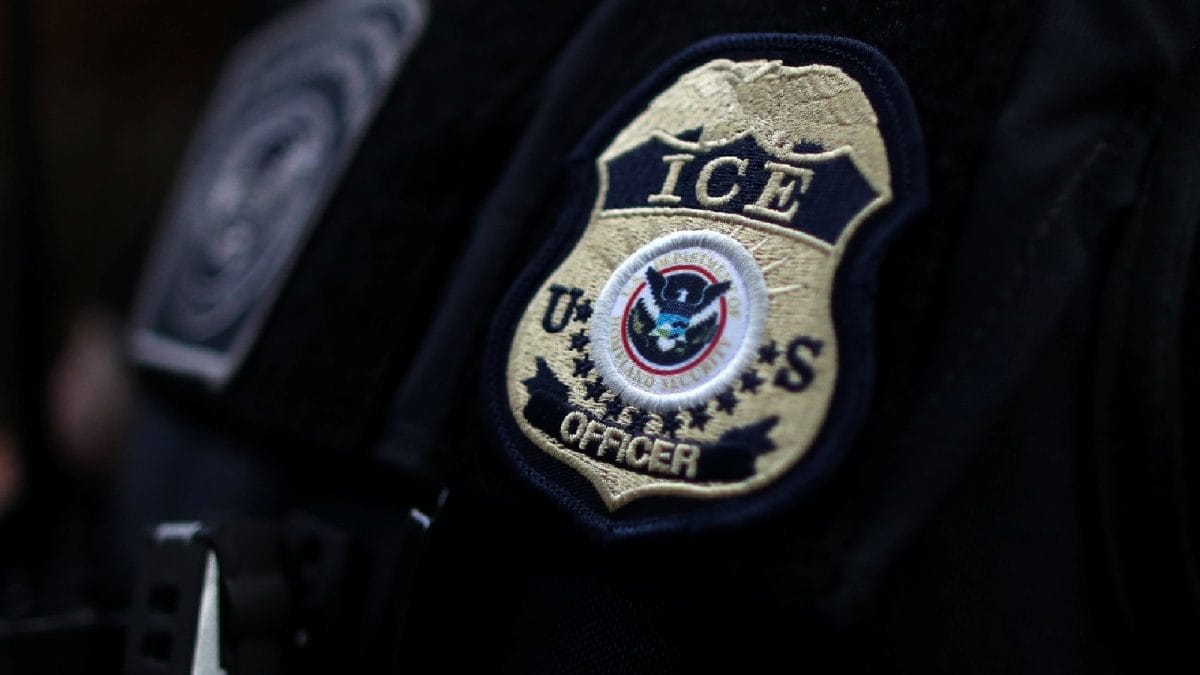Last Updated:June 17, 2025, 19:08 IST
Intelligence reports indicate that some blacklisted companies in Hong Kong have been channeling proceeds to these groups through false invoicing and cryptocurrency laundering

Iran is illegally exporting 1.5-1.8 million barrels of oil per day to China, said the sources. Representational image
Iran continues to export oil to China despite international sanctions and funding of terrorist groups, top intelligence sources told CNN-News18.
Intelligence reports indicate that some blacklisted companies in Hong Kong have been channeling proceeds to these groups through false invoicing and cryptocurrency laundering.
Iran is illegally exporting 1.5-1.8 million barrels of oil per day to China, said the sources. To legitimise these transactions, China uses yuan and employs evasion tactics, including dark fleet operations, they said. Over 90% of Iran’s oil trade is with China, they added, which benefits from a $5-$7 per barrel discount below the Brent benchmark. Chinese refiners, particularly smaller ones like Shouguang Luqing and Hebei Xinhai, are major consumers of this oil.
The United States has targeted these refiners and ports, including Dongying, as well as nine Hong Kong-based companies serving as financial and logistical fronts for the Chinese entities. It has been revealed that some blacklisted entities are connected to Iran’s Islamic Revolutionary Guard Corps (IRGC), which uses this nexus to finance military and terror activities globally.
Iran’s key export infrastructure on Kharg Island remains operational and undamaged. Regional instability, such as threats from the Houthis and Israeli gas field shutdowns at Karish and Leviathan, has added to the volatility of the energy landscape.
Iran’s modus operandi involves using shadow fleets consisting of more than 150 tankers, 67% of which are under US sanctions, with transponders disabled, said sources. Ship-to-ship transfers allegedly occur in dark zones like the South China Sea and the Strait of Malacca 3-5 times to conceal the oil’s origin. Documentation, including bills of lading, is fraudulently altered to rebrand the crude oil as Malaysian or Iraqi, sources said.
The oil is allegedly brought into Chinese bonded ports or free trade zones to avoid customs and taxes. According to reports, payments are made in yuan, through barter deals, or via shell companies in Hong Kong, Singapore, and the UAE. Iran also uses flags of convenience, vessel renaming, and offshore ownership schemes to reintegrate banned tankers into circulation, said sources.
“Revenue from these oil sales is channelled to Iranian proxy networks, including Hezbollah in Lebanon, Hamas and Palestinian Islamic Jihad in Gaza, and the Houthis in Yemen. These groups benefit from weapons, logistics, and political influence, with the IRGC-Quds Force overseeing the shadow financing structure, moving funds through Hawala networks and front companies," a source said.
Group Editor, Investigations & Security Affairs, Network18
Group Editor, Investigations & Security Affairs, Network18
News world Iran Exporting Oil To China Despite Sanctions, Funding Goes To Terror Groups: Sources | Exclusive

 1 month ago
1 month ago














